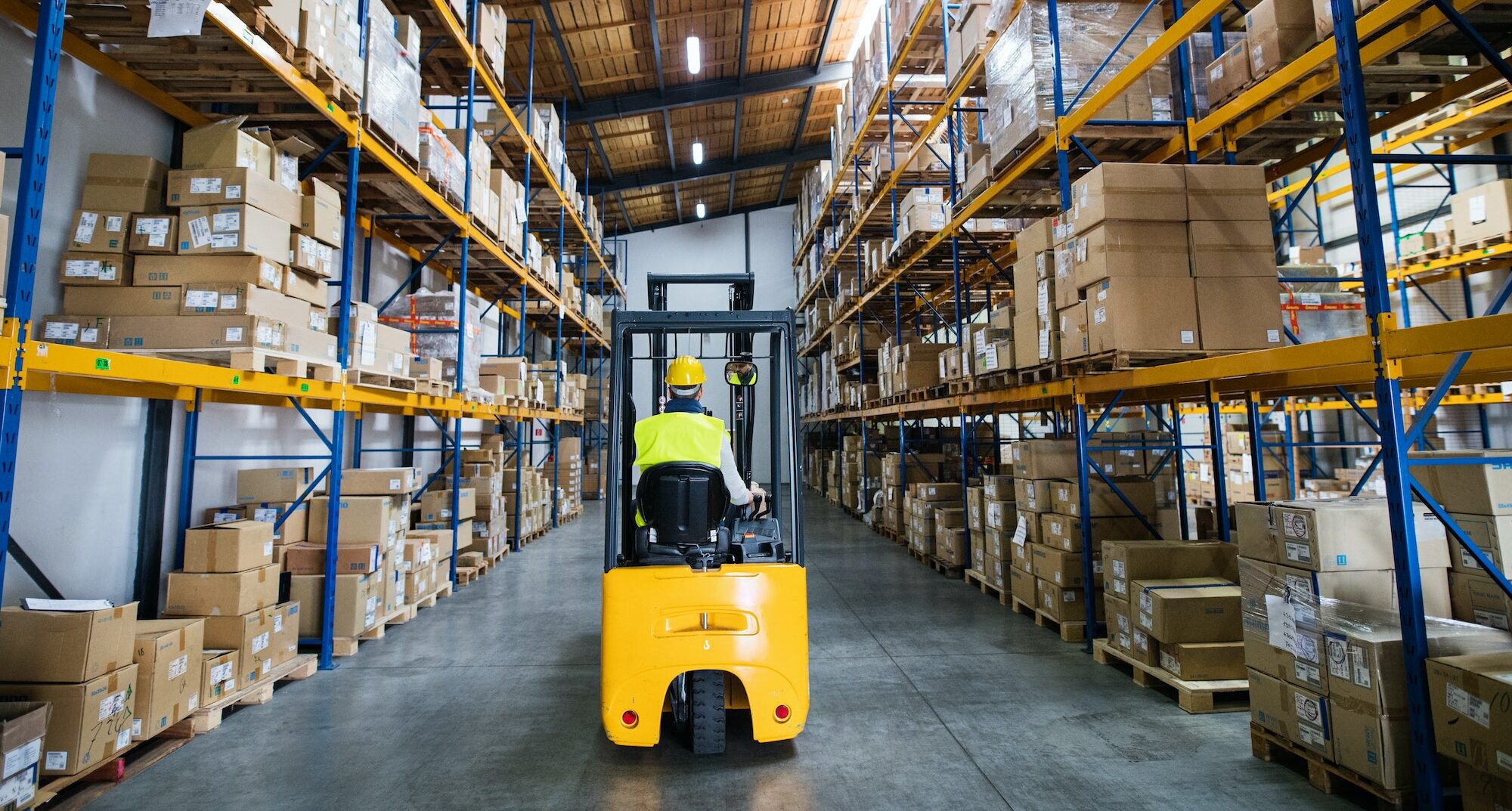Working as a forklift driver operator requires more than just driving around a warehouse. This critical role ensures the safe and efficient movement of materials, often making a significant difference in the productivity of an entire operation. But what makes someone an excellent forklift driver operator? In this article, we’ll dive into the essential skills and qualifications that every forklift operator should have.
- Proper Certification and Licensing
The cornerstone of a skilled forklift operator’s career is obtaining the appropriate certification and licensing. This typically involves completing a formal training course that adheres to Australia’s national standard. All forklift operators are required to hold a valid licence to operate a forklift legally. This ensures operators are well-versed in safety procedures and can competently handle the machinery.
Proper training covers the basics of forklift operation, safety regulations, and the specific procedures necessary to handle different types of forklifts. Certification also serves as a testament to an operator’s commitment to professionalism, showing that they have undergone the required instruction to handle the equipment safely.
2. Strong Attention to Detail
Operating a forklift requires a keen eye for detail. A single oversight can lead to accidents that could damage goods machinery, or even put lives at risk. A good forklift driver operator must always remain vigilant, carefully assessing their surroundings, equipment, and load stability before making any move.
This attention to detail also extends to understanding weight limits and securing loads properly. Overloading a forklift or misjudging the balance of a load can cause tipping, which is one of the leading causes of workplace injuries.
3. Communication Skills
Working as a forklift operator isn’t an isolated job. Operators often must work closely with team members, supervisors, and other personnel in the warehouse or job site. Good communication skills are essential to ensure smooth operations and avoid misunderstandings. Stressing the importance of these skills will make the audience feel the value of their interpersonal abilities in the workplace.
Verbal communication and hand signals are commonly used, so forklift operators should be comfortable with both methods. They should also be able to follow written instructions accurately, especially when handling specific loads or adhering to safety protocols.
4. Mechanical Knowledge
While forklift operators don’t need to be full-fledged mechanics, having a basic understanding of their machinery is incredibly beneficial. Operators who know how forklifts work can detect potential issues early, ensuring the equipment is well-maintained and less likely to break down during use.
For instance, recognising unusual noises, identifying low fluid levels, or noticing faulty hydraulic systems can save valuable time and prevent costly repairs. Mechanical knowledge also helps operators perform routine checks, guaranteeing the forklift is in it’s best condition before and after use.
5. Physical Fitness
Though forklifts do most of the heavy lifting, being a forklift driver operator can still be physically demanding. Operators must be in good physical condition to handle the long hours, repetitive movements, and occasional manual labour that the job demands. Emphasizing the need for physical fitness will make the audience feel ready for the physical demands of the job.
Good hand-eye coordination and reflexes are crucial for safely navigating tight spaces and avoiding obstacles. Being physically fit also helps with stamina, enabling operators to remain alert and focused throughout their shift.
6. Problem-Solving Abilities
Warehouses and job sites are dynamic environments where issues can arise anytime. A forklift operator needs to be a quick thinker and able to adapt to changing situations. Problem-solving skills are a must, whether it’s rerouting due to an obstacle, adjusting a load on the fly, or addressing an equipment malfunction. Having these skills will make you feel prepared for the challenges of the job.
Operators who can think on their feet are valuable assets to any team. They can prevent minor issues from becoming more significant problems and help maintain the smooth flow of operations.
Conclusion: Strive to Be a Top Forklift Driver Operator
Mastering these essential skills and qualifications is critical to becoming a successful forklift driver operator. From proper certification to problem-solving abilities, these competencies ensure you can perform your job safely, efficiently, and confidently. Remember, it’s not just about moving materials—it’s about doing so with precision, care, and a commitment to safety.
If you’re ready to elevate your forklift skills or seeking new opportunities in the field, don’t wait—start refining your abilities today! Contact local training centres or employers to get the experience and qualifications to set you apart from the competition.

